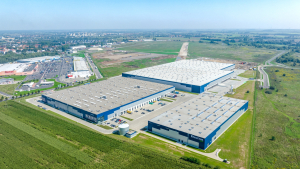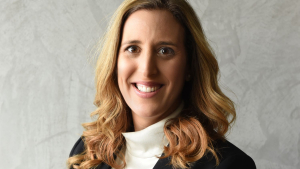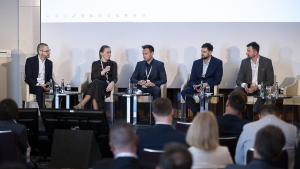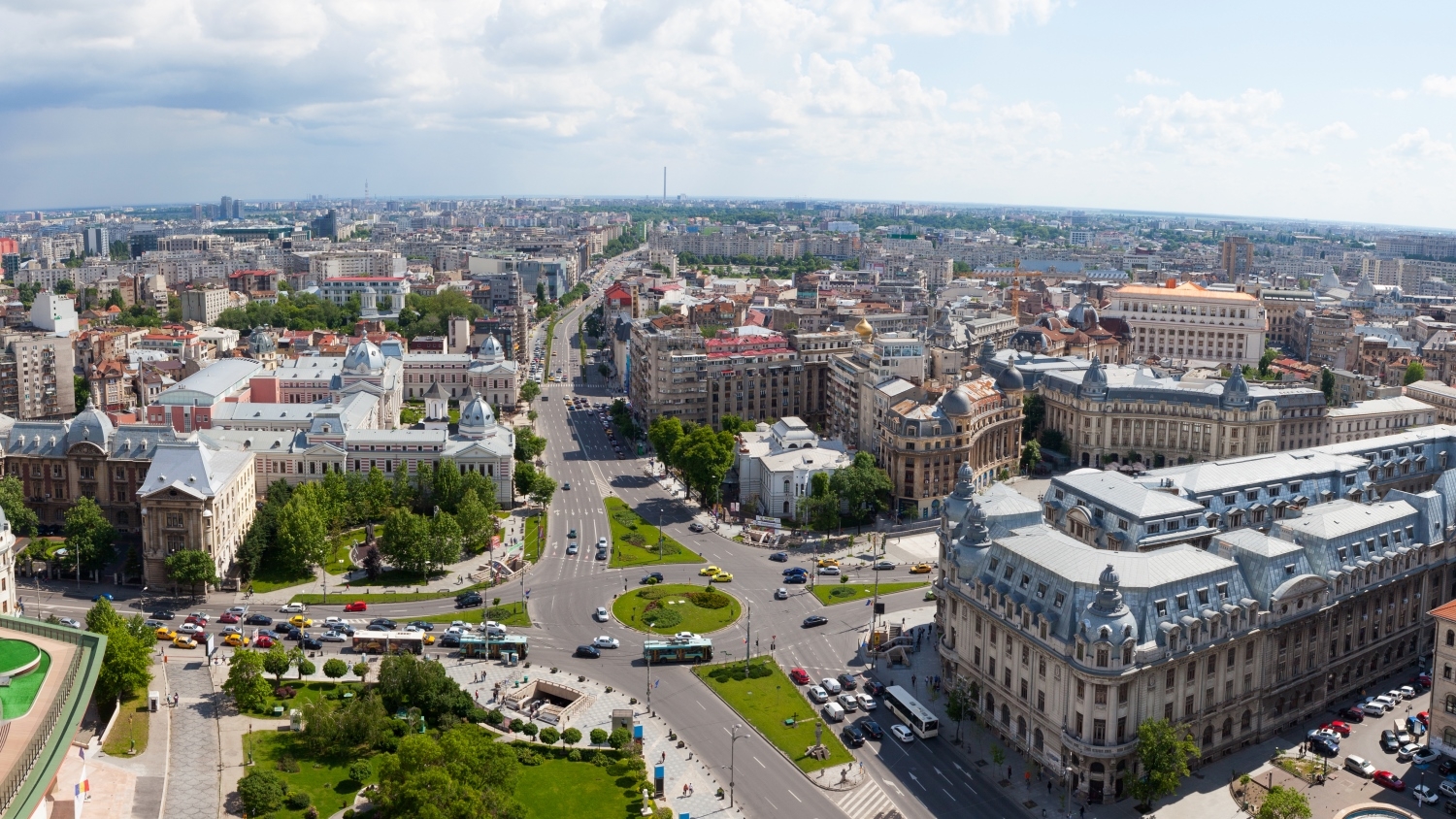
What will it take for SEE to attract more foreign capital? Is there enough product available on the market? These are just some of the questions that were asked and answered at SEE Property Forum 2018, a Property Forum and RICS event that attracted over 45 speakers and nearly 300 visitors from 15 countries.
A lot of changes
In his opening speech Maarten Vermeulen FRICS, Regional Managing Director for Europe, Russia & CIS at RICS highlighted that all European markets are currently undergoing significant transformation, due to disruptive technologies, climate change and geopolitical uncertainty. Even though it is a bit scary that all these transitions are taking place at the same time, he strongly believes that the current changes will lead to a world that is more sustainable, urbanised, digitised, global and local.
Growth will not last forever
According to Dan Bucsa PhD, Chief CEE Economist at Unicredit Bank AG in London, global growth remains strong but may weaken in coming years. For the time being, economies are growing above potential, not only in Central, Eastern and Southeastern Europe but in Western Europe as well.
Within the region some countries are, however, growing in a more balanced way than others. Unfortunately, the Romanian economy is showing some troubling signs. There is a rather large budget deficit while the economy’s saving rate is steadily decreasing.
Trade wars present the largest economic risk globally. In the region, the biggest problem and the thing preventing companies from further growth is the labour shortage.
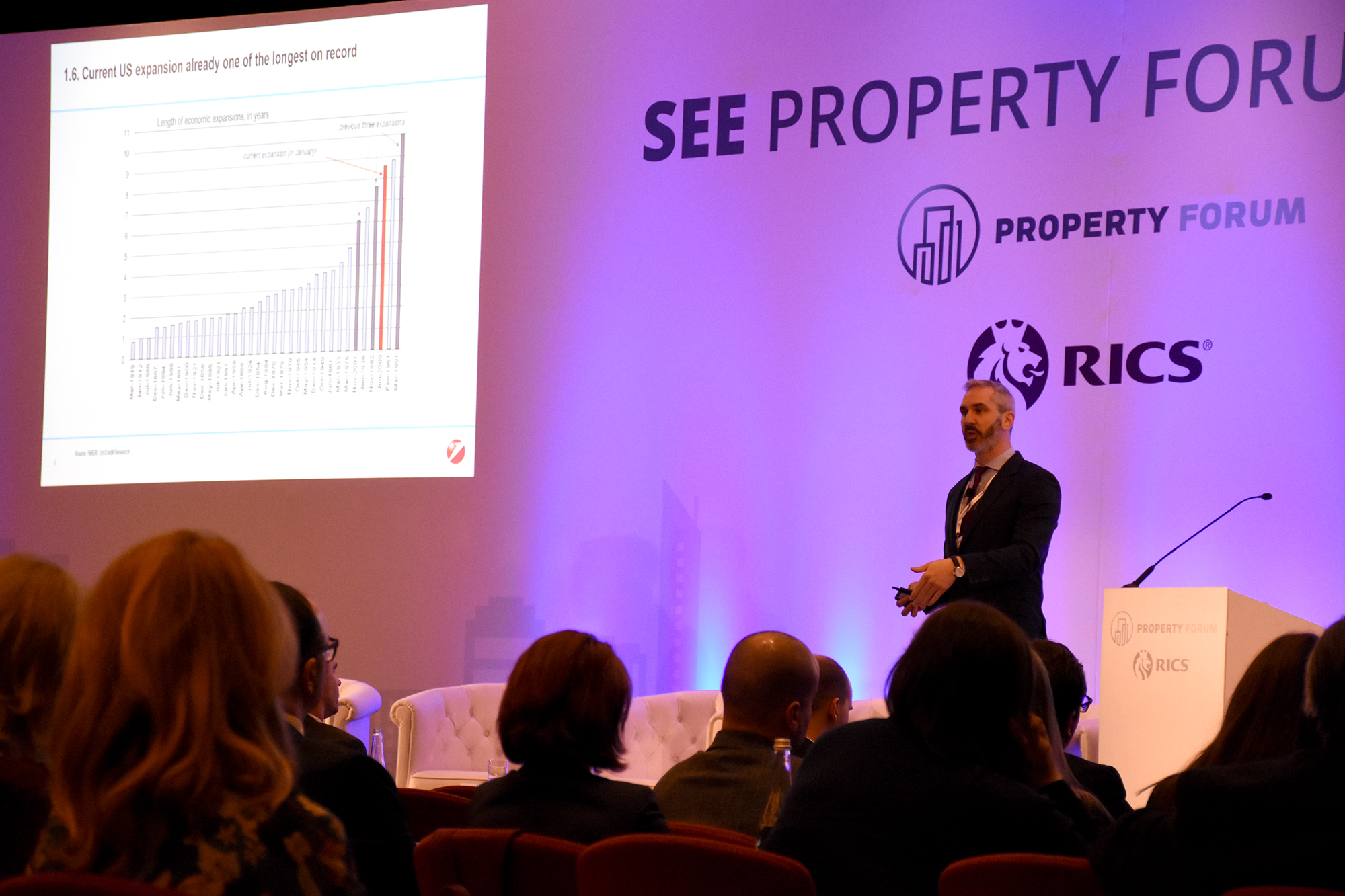
Investors are not always here to stay
The international investors’ roundtable, moderated by Tim Wilkinson MRICS, Partner, Capital Markets, Romania at Cushman & Wakefield Echinox, focused on the lack of product and political uncertainty present in the region.
Last year regional investment volumes exceeded the highs of the previous cycle, explained Robert Miklo, Director, Investment Services at Colliers International, adding that the rise of local capital in CEE markets is good news for everyone, for international players as well.
In spite of political changes in the country, panellists expect South Africans to continue to invest in the region. The South African Treasury is increasing the share of capital funds can invest in abroad which is promising news for SEE, added Victor Constantinescu, Partner and Head of SEE Real Estate at Kinstellar.
According to Ingo Nissen, Managing Director Romania at Sonae Sierra, international investors are interested in Romania and are coming to see what is available here. Unfortunately, this rarely translates into actual transactions.
Jean-Bernard Wurm, Co-Founder and Managing Director at Secure Legal Title London finds that traditional investors are now looking at Romania, as well as Bulgaria and Serbia. These countries seem more attractive in a global comparison as political risk is everywhere these days.
The number one problem for the Romanian market is that the government is often introducing ill-conceived, sudden legislative changes only to try to fill the holes in the budget, added Victor Constantinescu, who thinks that the issue of corruption is heavily present in SEE markets. Political risk is, luckily, not all investors care about. Bulgaria hasn’t been stable for a relatively long time, still, it has been investors’ darling in 2018.
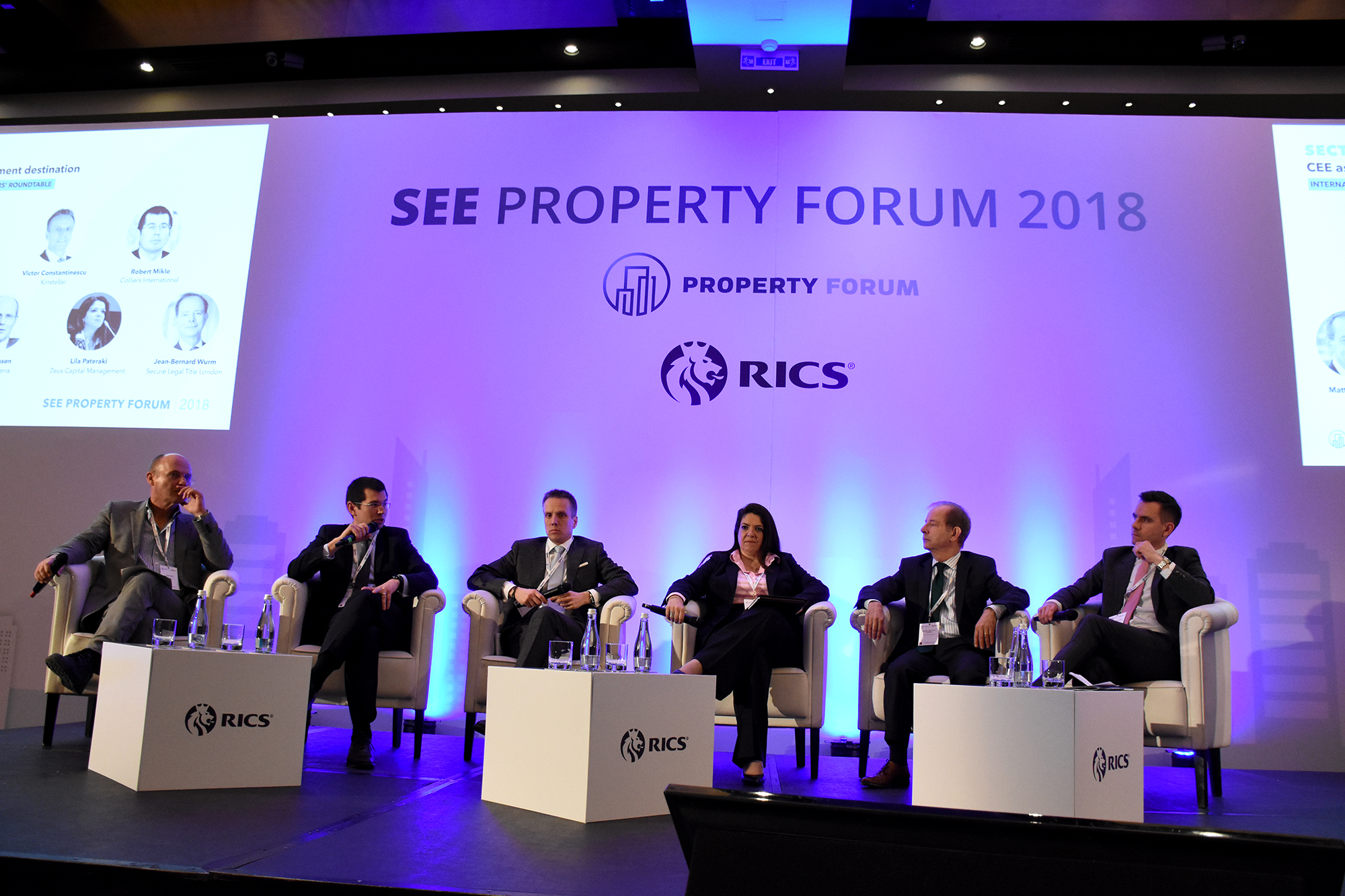
There is a lack of quality product in the region, commented Lila Pateraki, Chief Investment Officer, Zeus Capital Management, adding that the products that are available are not attracting the players that would be willing to buy at higher prices, thus providing additional liquidity in the market. Shopping centre stock, for example, is so tightly held that it is unlikely that we’ll see much activity in this market segment anytime soon.
Panellists agreed that financing conditions (especially for investors) are improving and financing is more widely available. However, financing conditions are much less favourable in the southern markets (such as Romania and Bulgaria) than in the northern markets (such as Poland) of the region, argued Lila Pateraki.
Romania has an image problem
Speakers of the Romanian investment panel, moderated by Răzvan Gheorghiu-Testa FRICS, Partner and Head of the Real Estate Practice Group at Ţuca Zbârcea & Asociaţii, discussed the image problem Romania has.
According to Gijs Klomp MRICS, Investment Director at NEPI Rockcasle, in order to increase liquidity, Romania needs to attract new sources of capital. He does not believe, however, that it’s political risk what’s preventing new investors from entering as the markets that Romania is competing with for capital are in similar or worse political shape. Even though Romania basically changes its government every month, the political situation might seem okay in comparison to Hungary or Poland, he added.
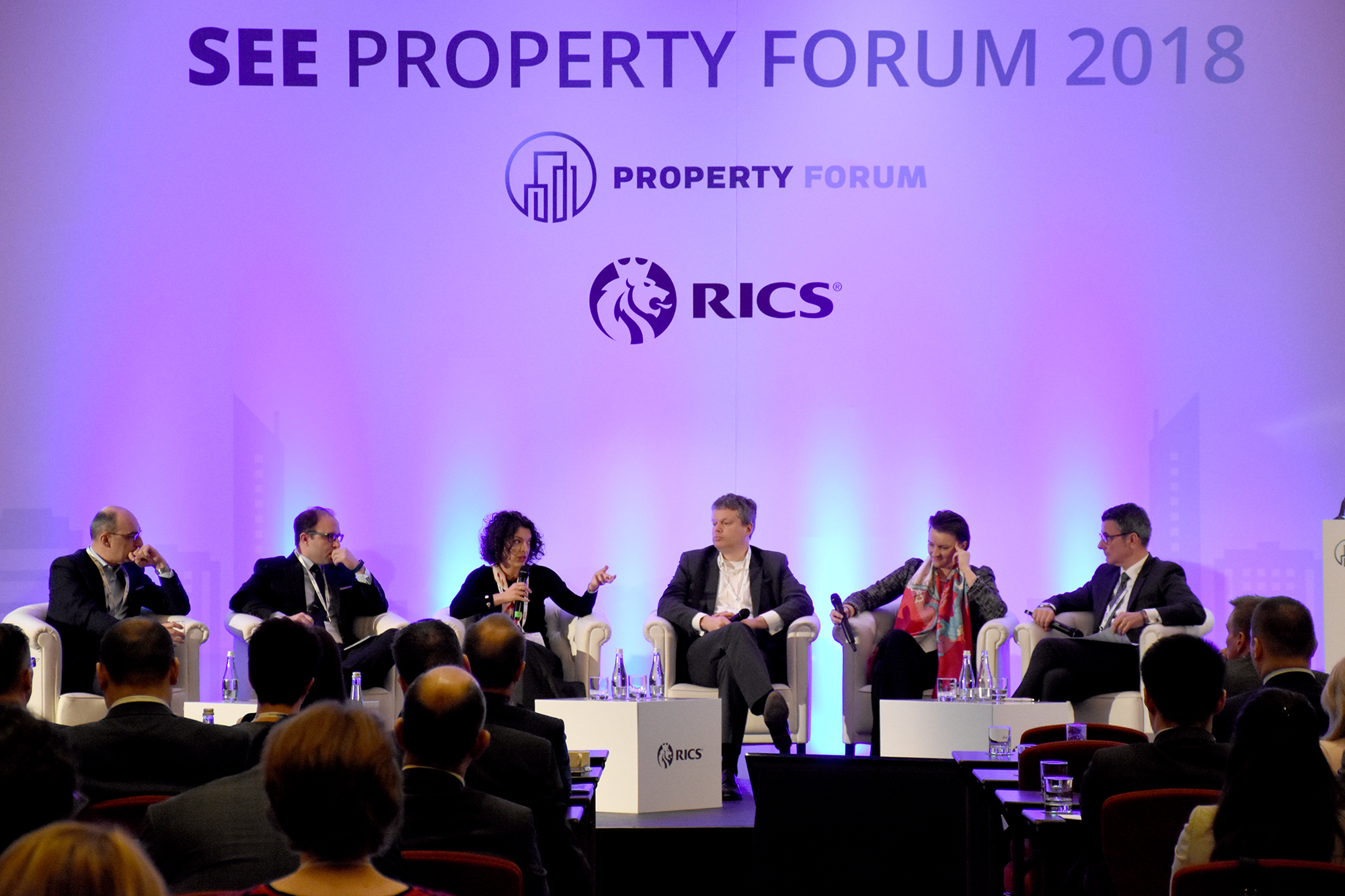
Ovidiu Sandor, CEO, Mulberry Development agreed, stating that Romania has a problem of perception, but investors aren’t concerned about changing governments. The major problem is the lack of quality infrastructure. The main driver of companies coming to Romania is human capital, but as long as infrastructure and education don’t improve, it’s not possible to raise the potential of Romania.
The packs are not here yet
Investors act in pacts and the packs are not here yet, highlighted Silviana Petre Badea, Managing Director at JLL Romania. On a more positive note, she reminded that the most significant transaction of last year involved an atypical investor for Romania and an atypical asset class (hotel). Most developers of typical investment products are long-term holders which results in a lack of product and means that investors need to look at alternative asset classes, she added.
Financing is widely available in Romania today and conditions are much more favourable than they were a few years ago, commented Ana Dumitrache, Head of Investment Properties Romania at CBRE, who has had the chance to experience market dynamics first-hand in really different positions.

